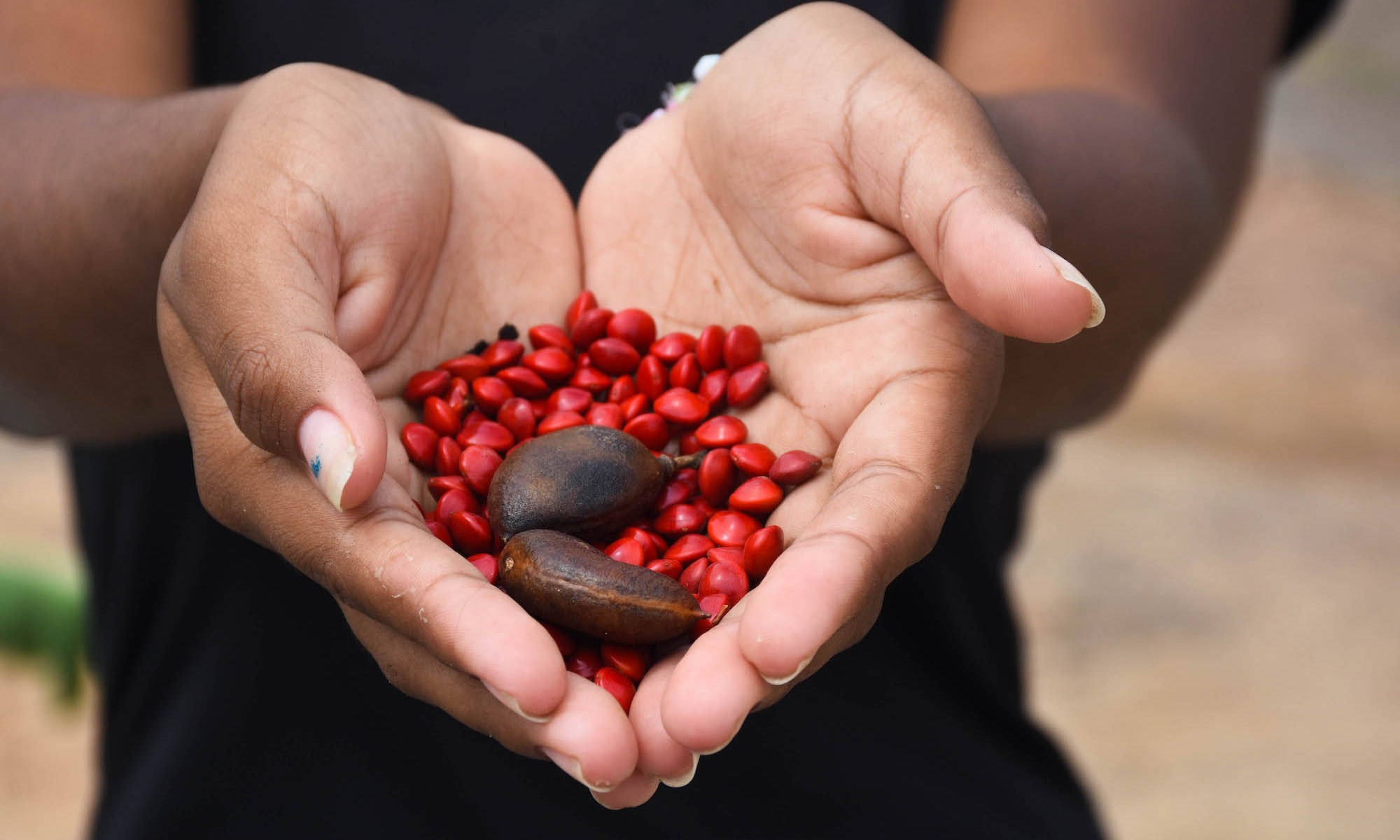VEHA
Guidance

Guidance
Virtual Environmental and Humanitarian Adviser Tool – (VEHA Tool) is a tool
to easily integrate environmental considerations in humanitarian response. Field Implementation guidances are useful for the design and execution of humanitarian activities in the field.
The cooking demonstration can help people to reduce their use of fuel, select more sustainable fuels where they are available, and reduce cooking times, which reduces the impact on their time, health, and the environment.
Different cooking sterilization methods have different environmental impacts. Boiling water using locally sourced timber may be unsustainable and cause air pollution. The use of sterilization tablets may be better for the environment or may require excessive transport emissions.
Disaster-affected communities may employ unsustainable or unsuitable techniques in the preparation and/or cooking of unfamiliar foods, leading to increased cooking times and energy consumption. This can also lead to food wastage.
The food system—encompassing the production, processing, marketing, and purchase of food and related consumer behaviours, resources, and institutions—appears to be struggling to deliver nutritious and healthy diets in an equitable manner.
Biodiversity loss, including critical crop pollinators, and loss of soil quality, will both have substantial impacts on local, national, and global fruit and vegetable supply and thereby on population health.
The relationship between food systems and the environment is complex because environmental changes are both a driver and an outcome of food systems.
Ensuring access to food preparation and distribution points for women, disabled persons, and young people is crucial in order to reduce existing inequalities and promote economic and social inclusion as well as limiting environmentally damaging practices.
Air pollution
Soil pollution
Water pollution
Deforestation
Desertification
Eutrophication
Climate change
Loss of biodiversity and ecosystems
Natural resource depletion
Soil erosion
Cultural acceptance
Impact on wellbeing / mental health
1. All kitchen supervisors, cooks, and ancillary personnel should be trained in personal hygiene and the principles of safe food preparation.
2. Cleaners should be employed to keep the kitchen and surrounding areas clean, they should be properly trained and supervised.
3. Water and soap must be provided for personal cleanliness and detergent for cleaning utensils; There must be adequate facilities for waste disposal.
4. Cooked food must not be stored, especially if it contains animal products
5. Review cooking sterilisation options and select the option that has the lowest environmental impact
6. Training in environmental impacts of different fuels sources and provision of more efficient stoves and fuel types
7. Training in good practice solid and organic waste reduction, re-use, recycling and disposal / composting.
Post distribution monitoring by a local NGO that had distributed LPG stoves in Nepal, after the 2015 earthquake, found that communities and households were continuing to cook over wood-fuelled stoves. Community members advised that this was because LPG stoves only take small pans which are not large enough to cook for large families or community groups. The NGO worked with local market producers to amend the stove design so they could accommodate larger pans. Subsequent monitoring visits demonstrated their use had significantly increased and women’s health had improved from reduced smoke inhalation.